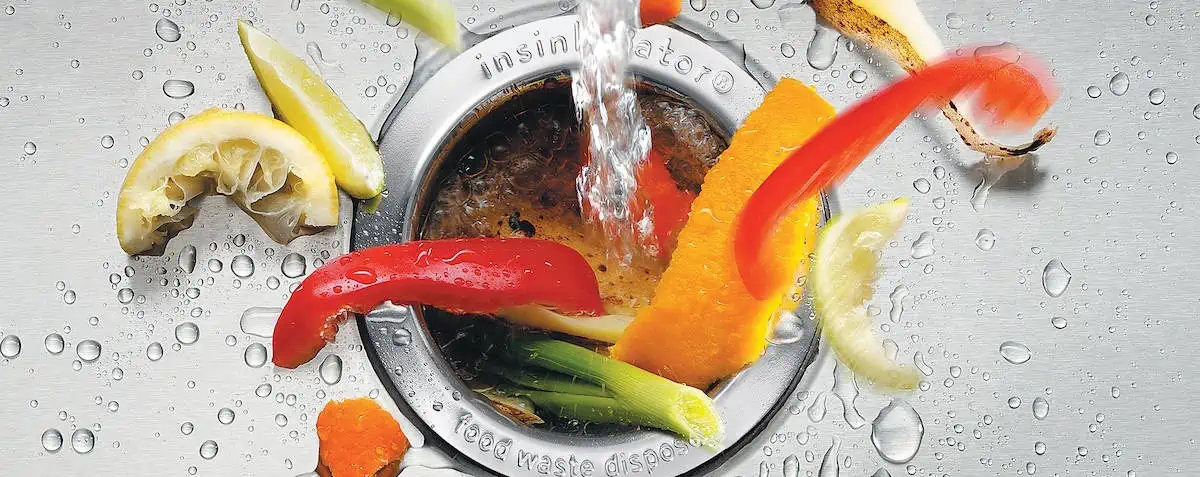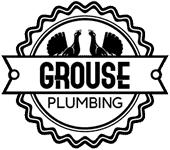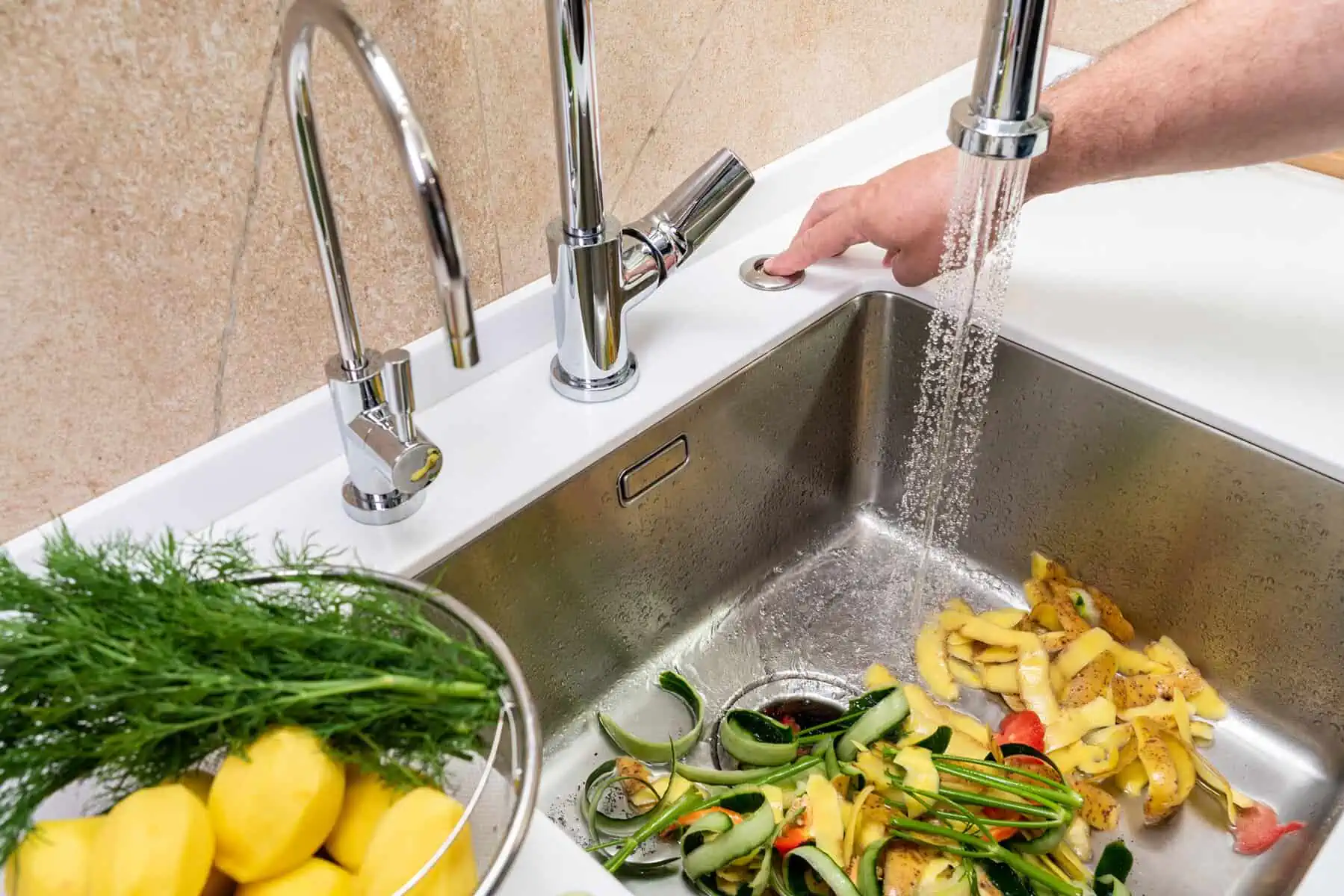We understand that this can be a confusing subject, but fear not! We’re here to provide you with some helpful guidelines to ensure your waste disposal unit remains happy and functional for years to come.
What can go down your waste disposal
Food Scraps:
Your waste disposal unit is designed to handle small food scraps left on plates and cookware after meals. This includes fruit and vegetable peels, eggshells, and small bits of leftovers. Remember to cut larger items into smaller pieces to avoid overloading the unit.
Soft Food Waste:
Soft food waste such as cooked vegetables, pasta, rice, and small amounts of leftover sauces can also go down the waste disposal. These items are generally safe as they break down easily during the grinding process.
Citrus Peels:
Citrus peels are often debated, but they can be put down the disposal in moderation. They can help freshen up the scent and clean the unit. However, avoid dumping large amounts at once, as the oils released from the peels might cause clogs.
Ice Cubes:
Occasionally running a few ice cubes through your waste disposal helps keep the blades sharp and clean. It’s a simple and effective way to prevent odours and can help clear away any residue.
Cleaning Agents:
To keep your waste disposal fresh and odour-free, consider using natural cleaning agents. Lemon juice or vinegar mixed with water can help eliminate unpleasant smells. However, avoid using harsh chemicals, as they can damage the unit.

What not to put down your waste disposal
Now that we’ve covered what can be put down a waste disposal, let’s talk about what you should avoid putting down your insinkerator.
Fats, Oils, and Grease
Never pour fats, oils or grease down your waste disposal. These substances can solidify and cause blockages both in your unit and in your pipes.
Fibrous Foods:
Avoid putting fibrous foods like celery, asparagus, corn husks, and artichokes down the waste disposal. These can tangle around the blades and cause clogs.
Bones and Hard Objects:
While your waste disposal is powerful, it’s not designed to handle bones, fruit pits, shells, or other hard objects. These can damage the blades or jam the unit.
Non-Food Items:
Never put non-food items like plastic, glass, paper, cigarette butts, or any other non-biodegradable materials down the waste disposal. These can cause serious damage and clog your pipes.
Remember, using your insinkerator properly and avoiding harmful materials will help ensure its longevity and keep your kitchen running smoothly.
If you find you’re in need of a new Waste Disposal or wish to have one installed, check out our Waste Disposal Unit Special.
Or, if you have any questions or need assistance, call us at Grouse Plumbing – we’re here to help!
Disclaimer: The information provided in this blog post is for general informational purposes only. Always follow the manufacturer’s guidelines and consult our professional plumbers if you have specific concerns or questions.



